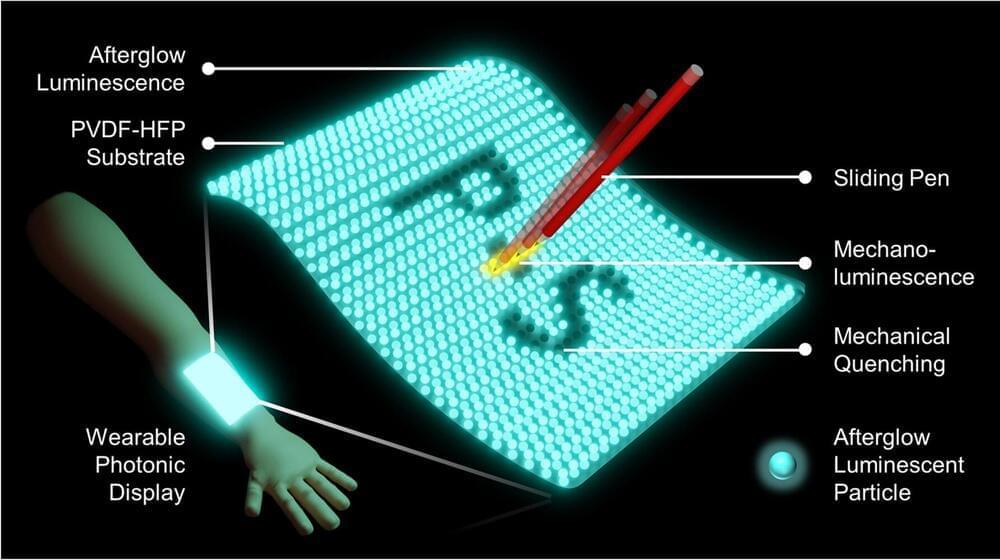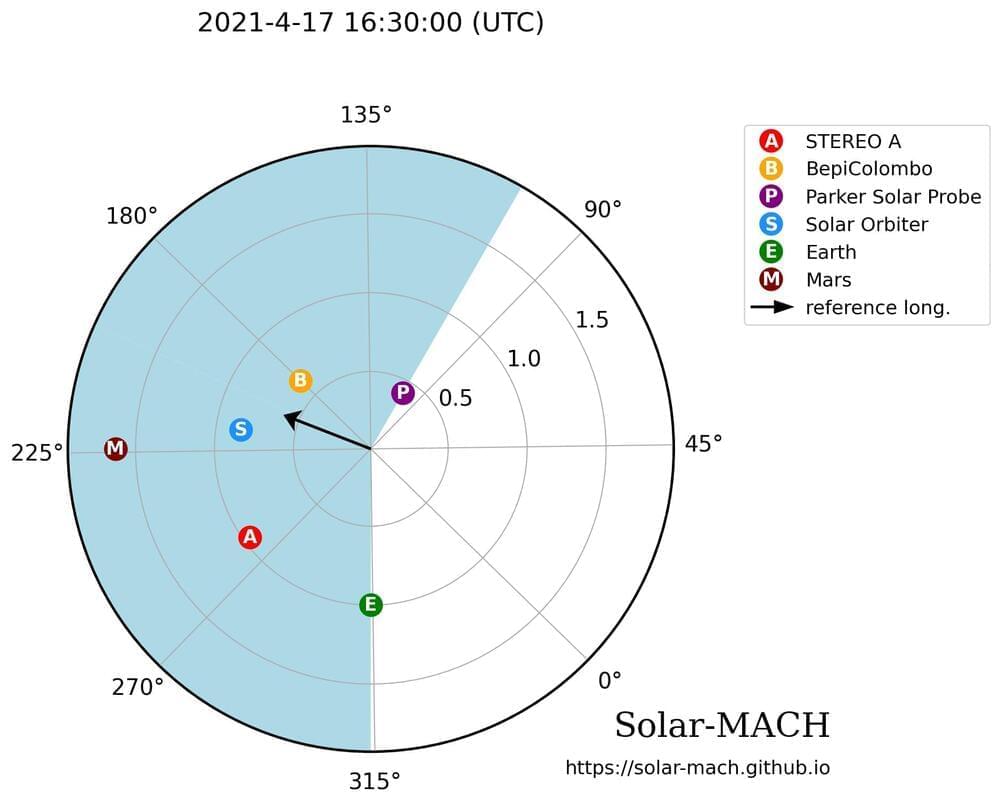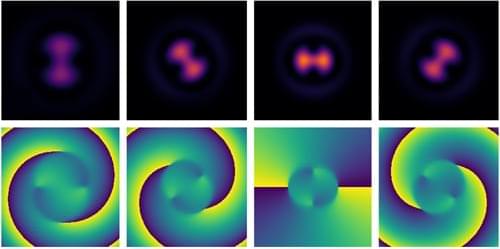There is reason to believe that novel physics outside the standard model may be on the horizon.
When two neutron stars merge, a short-lived, hot, dense remnant is created. This residue provides an excellent environment for the synthesis of unusual particles. For a brief while, the remnant becomes far hotter than the individual stars before congealing into a larger neutron star or, depending on the original masses, a black hole.
A new study suggests that neutron star mergers are a treasure trove for new physics signals, with implications for determining the true nature of dark matter.








